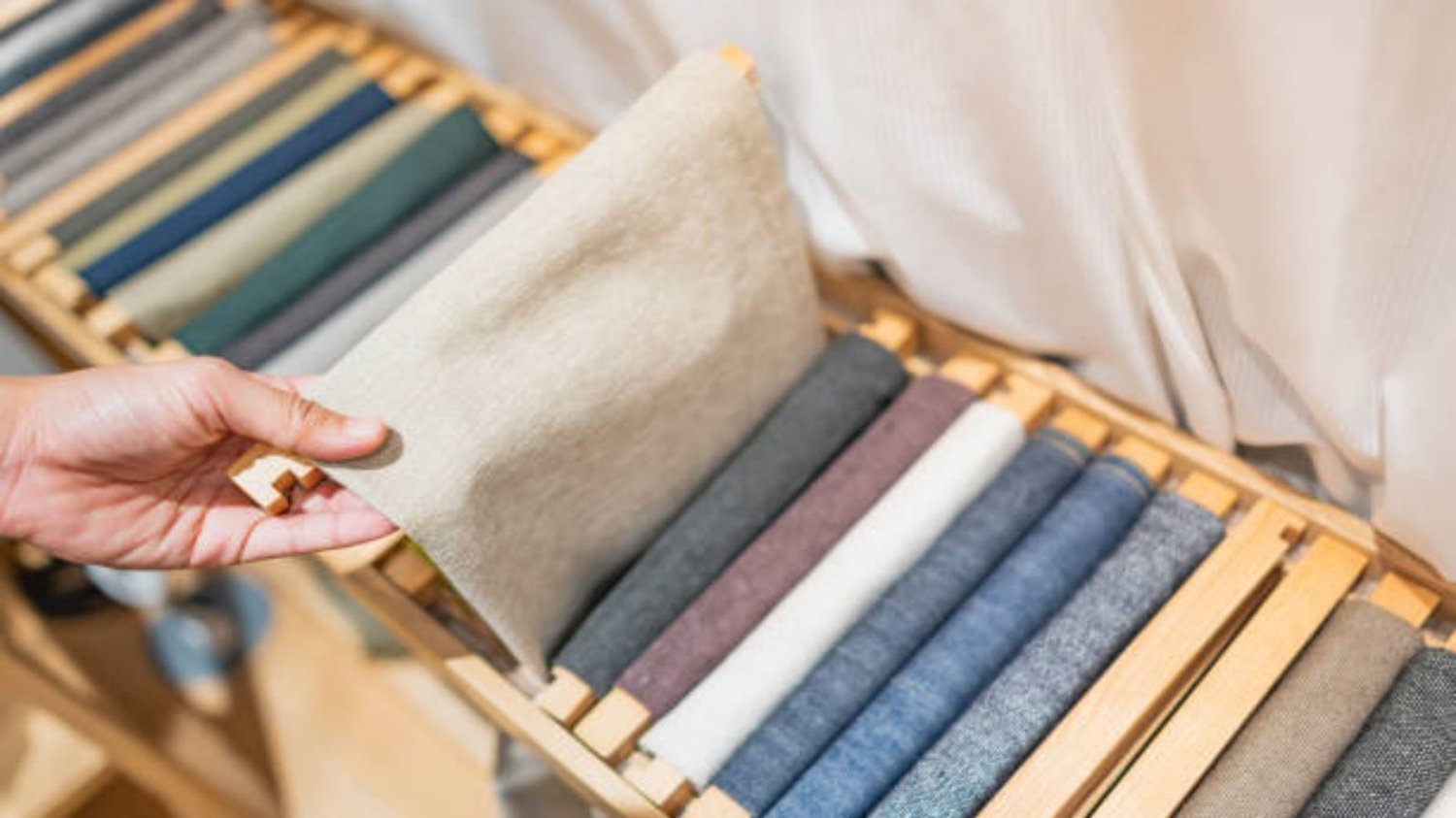Best Eco-Friendly Fabric Options: Sustainable Choices for a Greener Future
As awareness about the environmental impact of the textile industry grows, more and more people are seeking out eco-friendly fabric options. These sustainable choices not only help protect the planet but also promote fair labor practices and support local communities. In this article, we will explore the best eco-friendly fabric options available today, highlighting their benefits and why they are a great choice for conscious consumers.
1. Organic Cotton: Soft, Sustainable, and Versatile
Organic cotton has gained popularity in recent years due to its numerous environmental benefits. This fabric is grown without the use of harmful pesticides and synthetic fertilizers, reducing the overall carbon footprint. Organic cotton is also known for its softness and breathability, making it a perfect choice for clothing and bedding. By choosing organic cotton, you are not only supporting sustainable farming practices but also ensuring a healthier future for farmers and workers in the cotton industry.
2. Hemp: Strong, Durable, and Naturally Pest-Resistant
Hemp is one of the most sustainable fabric options available. This plant requires minimal water and grows quickly, making it a highly renewable resource. Hemp fabric is known for its strength and durability, making it suitable for a variety of applications, including clothing, accessories, and home textiles. Additionally, hemp is naturally pest-resistant, eliminating the need for harmful pesticides. Choosing hemp products helps reduce water consumption, promotes biodiversity, and supports a more sustainable future.
3. Bamboo: Luxurious, Sustainable, and Hypoallergenic
Bamboo fabric has gained popularity for its luxurious feel and eco-friendly properties. As one of the fastest-growing plants, bamboo requires minimal water and no pesticides to thrive. This makes bamboo fabric a highly sustainable choice. Bamboo is also naturally hypoallergenic, making it a great option for individuals with sensitive skin. Whether it's clothing, bedding, or towels, bamboo fabric offers a soft and comfortable alternative to traditional textiles.
4. Tencel (Lyocell): Silky, Sustainable, and Biodegradable
Tencel, also known as Lyocell, is a fabric made from the cellulose found in wood pulp. This eco-friendly fabric option is produced using a closed-loop process, which recycles and reuses the chemicals used during production. Tencel is highly sustainable, as it requires less water and energy compared to other fabrics. It is also biodegradable, ensuring that it leaves a minimal environmental footprint. With its silky texture and breathability, Tencel is an excellent choice for clothing, bedding, and home textiles.
5. Recycled Polyester: Sustainable, Durable, and Resourceful
Recycled polyester, also known as rPET, is a fabric made from recycled plastic bottles. By repurposing plastic waste, recycled polyester helps reduce the amount of plastic ending up in landfills and oceans. This fabric option is incredibly durable and can be used for a wide range of products. While it does require energy to recycle the plastic bottles, the overall environmental impact is significantly lower compared to virgin polyester production. Choosing recycled polyester is a great way to support a circular economy and reduce the demand for new plastic production.
6. Organic Linen: Breathable, Sustainable, and Biodegradable
Organic linen is another eco-friendly fabric option that is gaining popularity due to its sustainability and versatility. Linen is made from the flax plant and is known for its breathability and durability. Organic linen is grown without the use of harmful chemicals, making it a better choice for the environment and the people involved in its production. This fabric is biodegradable and can be recycled, ensuring a minimal impact on the planet. From clothing to home textiles, organic linen offers a timeless and sustainable option.
7. Piñatex: Innovative, Sustainable, and Vegan
Piñatex is an innovative fabric made from pineapple leaf fibers, providing a sustainable alternative to animal leather. This vegan fabric option utilizes a byproduct of the pineapple industry, reducing waste and promoting a circular economy. Piñatex is not only eco-friendly but also highly versatile, suitable for various applications such as fashion accessories, upholstery, and footwear. By choosing Piñatex, you are supporting sustainable agriculture and reducing the demand for animal-derived materials.
8. Organic Wool: Warm, Sustainable, and Ethical
Organic wool is a natural and sustainable fabric option that offers warmth, breathability, and durability. Organic wool is derived from sheep raised in accordance with organic farming standards, ensuring the animals are treated ethically and without the use of harmful chemicals. This fabric is biodegradable and renewable, making it an excellent choice for those looking for a sustainable alternative to synthetic fibers. Organic wool is commonly used in clothing, blankets, and upholstery, providing natural insulation and comfort.
9. Modal: Soft, Sustainable, and Low-Impact
Modal is a semi-synthetic fabric made from beech tree pulp. It is known for its softness, breathability, and ability to retain color well. Modal production requires fewer resources compared to other fabrics, making it a more sustainable choice. The beech trees used for modal production are typically grown in sustainably managed forests. Modal fabric is commonly used in clothing, bedding, and towels, offering a luxurious feel while minimizing environmental impact.
10. Soy Silk: Eco-Friendly, Soft, and Moisture-Wicking
Soy silk, also known as soybean fiber, is a sustainable fabric option made from the byproduct of soybean oil production. This innovative fabric is soft, lightweight, and moisture-wicking, making it ideal for activewear, lingerie, and other clothing items. Soy silk production requires less energy and water compared to traditional textile manufacturing processes, contributing to a greener future. Choosing soy silk supports sustainable agriculture and reduces the dependency on petroleum-based fabrics.

